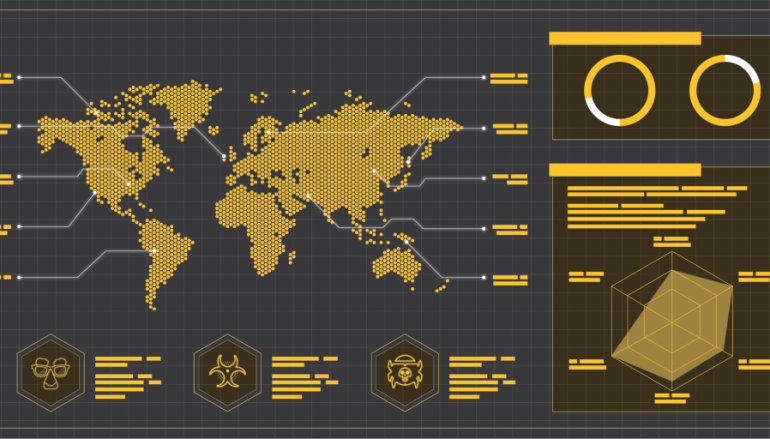
Emissary Panda APT Group Hit Government Organizations in the Middle East
Chinese Cyber-Spies Target Government Organizations in Middle East
Chinese APT group Emissary Panda has been targeting government organizations in two different countries in the Middle East.
Experts at Palo Alto Networks reported that the Chinese APT group Emissary Panda (aka APT27, TG-3390, Bronze Union, and Lucky Mouse) has been targeting government organizations in two different countries in the Middle East.
The Emissary Panda APT group has been active since 2010, targeted organizations worldwide, including U.S. defense contractors, financial services firms, and a national data center in Central Asia.

The group was involved in cyber espionage campaigns aimed at new generation weapons and in surveillance activities on dissidents and other civilian groups.
The cyber espionage group leverage both readily available tools and custom malware in their operations, many tools are available for years, but in recent attacks, their code was updated.
In April 2019, the group targeted organizations of two different countries in the Middle East. Hackers hit webservers to install of webshells on SharePoint servers, threat actors leveraged the CVE-2019-0604 vulnerability to compromise SharePoint servers.
Once compromised the network, attackers will upload a variety of tools to perform additional activities, including dumping credentials, and locating and pivoting to additional systems on the network.
Experts pointed out that attackers used tools to scan the network for systems vulnerable to CVE-2017-0144, the flaw exploited by the NSA-linked EternalBlue exploit.
The campaign appears related to attacks exploiting CVE-2019-0604 reported by the Saudi Arabian National Cyber Security Center and the Canadian Center for Cyber Security. The report by the Saudi Cyber Security Centre suggests threat actors are primarily targeting organizations within the kingdom. The Canadian Cyber Security Centre reported similar attacks aimed at delivering the China Chopper web-shell to ensure persistence in the target networks.
“the actors used these webshells to upload legitimate executables that they would use DLL sideloading to run a malicious DLL that has code overlaps with known Emissary Panda attacks. We also found the China Chopper webshell on the SharePoint servers, which has also been used by the Emissary Panda threat group.” states the report published by PaloAlto Networks.a
PaloAlto experts observed between April 1 and April 16, the threat actors-using webshells to upload 24 unique executables on three SharePoint servers hosted by two different government organizations. Experts noticed that the same tools were uploaded across the three webshells, suggesting the involvement of the same attacker.
The longest activity involving one of the three webshells was observed on April 16, 2019.
The list of the tools uploaded by cyberspies included legitimate applications such as cURL, post-exploitation tools like Mimikatz, tools to scan for and exploit potential vulnerabilities in the target network, and custom backdoors such as HyperBro, which was used by Emissary Panda in the past.
One of the webshells used by the attackers is a variant of the Antak webshell, other webshells appear related to the China Chopper webshell.
“We were able to gather one of the webshells with which we saw the actor interacting, specifically the error2.aspx file listed above. The error2.aspx file (SHA256: 006569f0a7e501e58fe15a4323eedc08f9865239131b28dc5f95f750b4767b38) is a variant of the Antak webshell, which is part of a tool created for red teaming called Nishang. ” continues the report.
Cyber spies also uncovered the use of additional sideloaded DLLs in this campaign.
“The Emissary Panda threat group loaded the China Chopper webshell onto SharePoint servers at two Government organizations in the Middle East, which we believe with high confidence involved exploiting a remote code execution vulnerability in SharePoint tracked in CVE-2019-0604,” Palo Alto Networks concludes.
“Once the adversary established a foothold on the targeted network, they used China Chopper and other webshells to upload additional tools to the SharePoint server to dump credentials, perform network reconnaissance and pivot to other systems. “
This post Emissary Panda APT Group Hit Government Organizations in the Middle East originally appeared on Security Affairs.





